


World Cancer Day, observed annually on February 4, aims to raise awareness and educate about the prevention, early detection, and treatment of cancer. In 2025, the event will focus on the theme "United by Unique," highlighting the importance of personalized and people-centred care. This initiative, led by the Union for International Cancer Control, strives to reduce the global cancer burden and ensure that it remains a top global health priority. With its origins in the Paris Charter for the New Millennium, World Cancer Day continues to bring together individuals and organizations from around the world to combat this deadly disease.
World Cancer Day: A Global Movement for Cancer Prevention and Care
World Cancer Day, observed annually on February 4, serves as a global rallying point for raising awareness, promoting education, and advocating for the prevention and control of cancer.
Background:
The genesis of World Cancer Day can be traced back to the Paris Charter for the New Millennium, adopted at the World Summit Against Cancer in 2000. This charter laid the foundation for a comprehensive and multi-sectoral approach to cancer prevention and control. Subsequently, World Cancer Day was first observed in 2006, initiated by the Union for International Cancer Control (UICC).
Mission and Objectives:
World Cancer Day aims to achieve the following objectives:
Each year, the UICC selects a specific theme for World Cancer Day. The theme for 2025 is "United by Unique," emphasizing the importance of personalized and people-centered cancer care.
Global Impact:
World Cancer Day is a global phenomenon that has gained widespread recognition and support. It is observed in over 100 countries and regions, involving governments, healthcare professionals, non-profit organizations, and individuals. Through various events and activities, the day serves as a platform to:
Top 5 FAQs and Answers:
1. What is the most common type of cancer globally? Answer: Lung cancer
2. What are the key risk factors for cancer? Answer: Tobacco use, unhealthy diet, physical inactivity, excessive alcohol consumption, and certain infections
3. What are the early warning signs of cancer? Answer: Unexplained lumps or bumps, changes in skin texture, persistent pain, unexplained bleeding or discharge, and changes in bowel or bladder function
4. How can I prevent cancer? Answer: Adopt a healthy lifestyle, including a balanced diet, regular exercise, and limited alcohol and tobacco use; get vaccinated against preventable infections; and undergo regular cancer screenings
5. What is the future of cancer treatment? Answer: Personalized medicine, immunotherapy, and advanced screening technologies hold promising potential for improving cancer outcomes and reducing the global burden of the disease.

A Pakistani man, whose two children suffer from a congenital heart condition, has appealed to the Indian and Pakistani governments for permission to complete their medical treatment in India. This comes after the recent cancellation of SAARC visa privileges following the Pahalgam terror attack. As tensions rise between the two nations, the father is pleading for his children's lives as their treatment is only possible in India. Meanwhile, tensions remain high as over 100 Indian nationals in Pakistan returned to India on Thursday, while more followed on Friday.
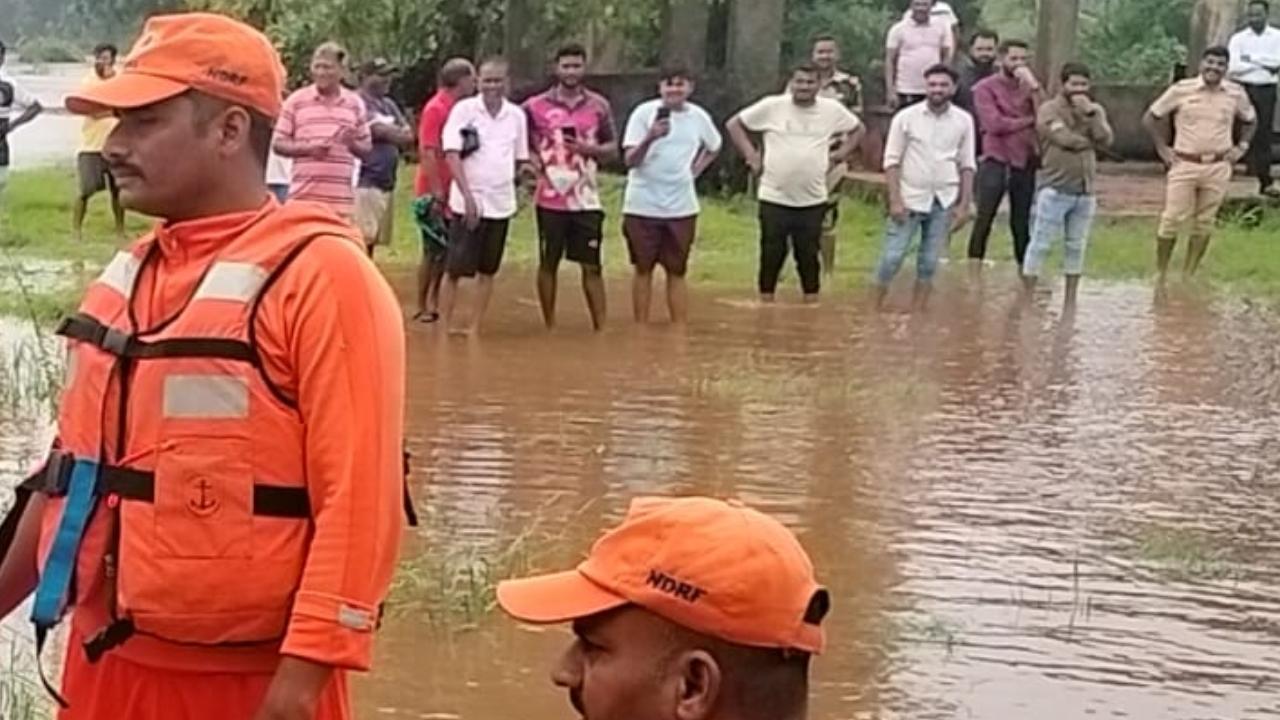
The Palghar district of Maharashtra, known for its vulnerability to natural calamities, has taken a step towards better disaster management by equipping 259 gram panchayats with specialized Disaster Response Kits. These kits, containing essential rescue and safety equipment, will ensure that villages are able to respond quickly and effectively during emergencies. In addition, the district plans to recruit 500 trained disaster response volunteers, called "Apda Mitras", to assist during disasters. With natural disasters becoming more frequent and severe, this proactive step by Palghar district is a crucial move towards strengthening disaster preparedness at the grassroots level.
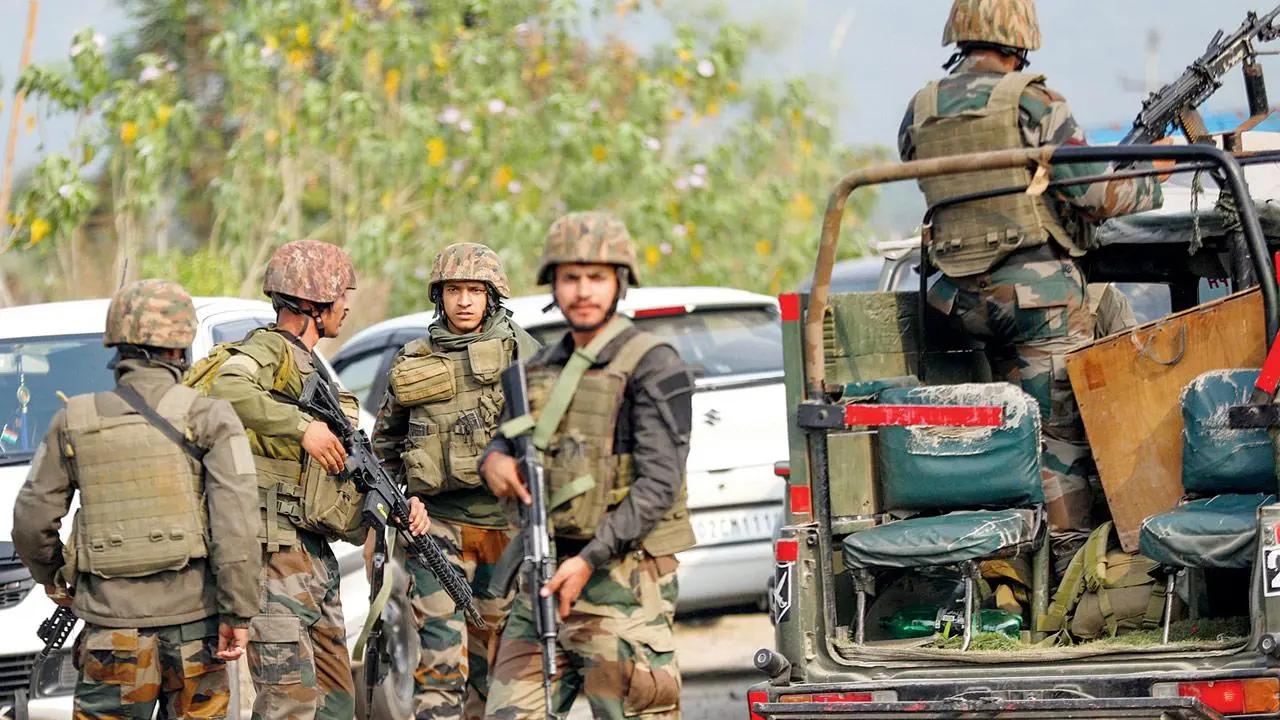
Indian security forces successfully eliminated top Lashkar-e-Taiba commander Altaf Lalli during an encounter in Bandipora, Jammu and Kashmir on Friday. The encounter occurred amidst a joint search operation launched by the Indian Army and Jammu and Kashmir Police to track down those responsible for the Pahalgam terror attack on April 22. Army Chief General Upendra Dwivedi has arrived in Jammu and Kashmir to conduct a comprehensive security review and track the progress of the operation.
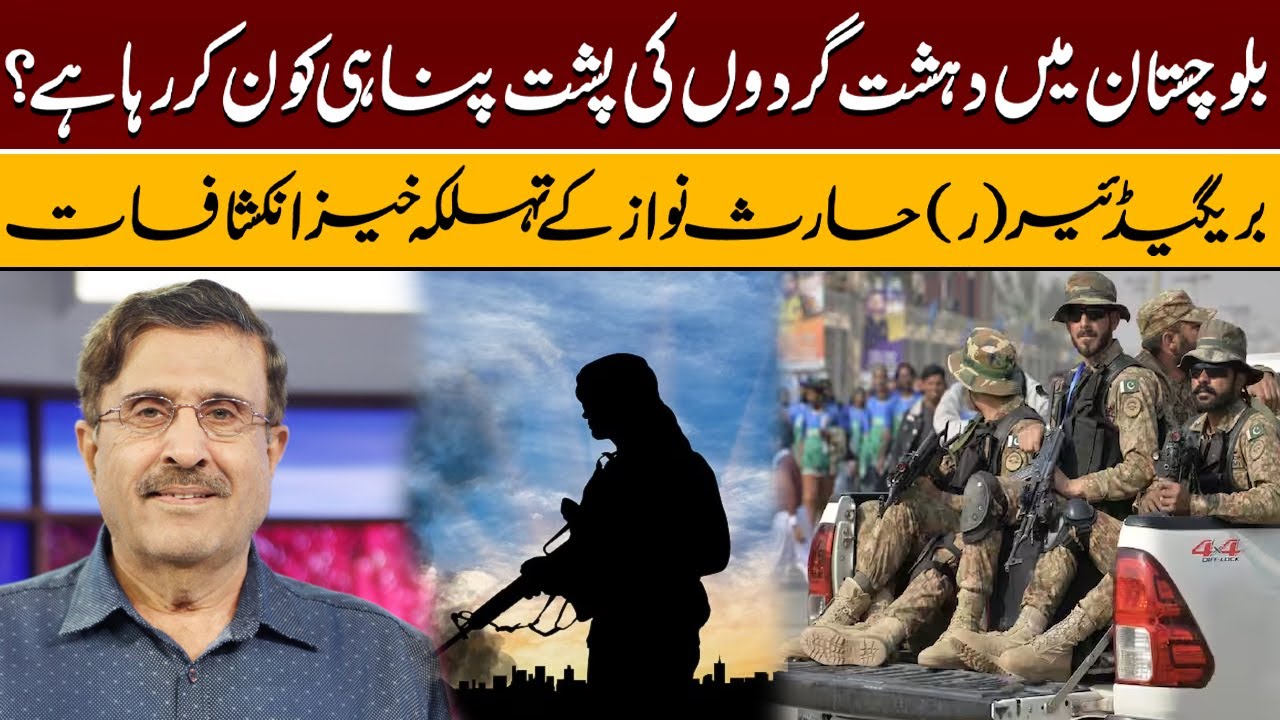
In a statement that has sent shockwaves through the international community, Pakistan's Defense Minister Khawaja Asif has admitted on an interview with Sky News journalist Yalda Hakim that his country has been aiding terrorist organizations for the past three decades. This confession serves as a vindication of India's longstanding claims about Pakistan's involvement in terrorism, particularly in the recent Pahalgam terror attacks where 26 people were killed. Asif also made contradictory claims, denying knowledge of the presence of Lashkar-e-Taiba's offshoot, The Resistance Front, while proclaiming that Lashkar "does not exist" anymore.

Israeli Prime Minister Benjamin Netanyahu reportedly ordered a covert operation by Mossad, codenamed Operation Zeppelin, to shield Indian billionaire Gautam Adani from a negative campaign linked to the Hindenburg Research report. The operation involved two elite units and spanned several countries, targeting individuals allegedly behind the campaign, including American and British hedge fund managers, investigative journalists, and political operatives possibly tied to the Biden administration and billionaire George Soros. Among the shocking claims in the report, Mossad is said to have surveilled prominent Indian opposition leaders and tracked Congress leader Rahul Gandhi, with evidence allegedly found of coordination between opposition figures and the Hindenburg team.
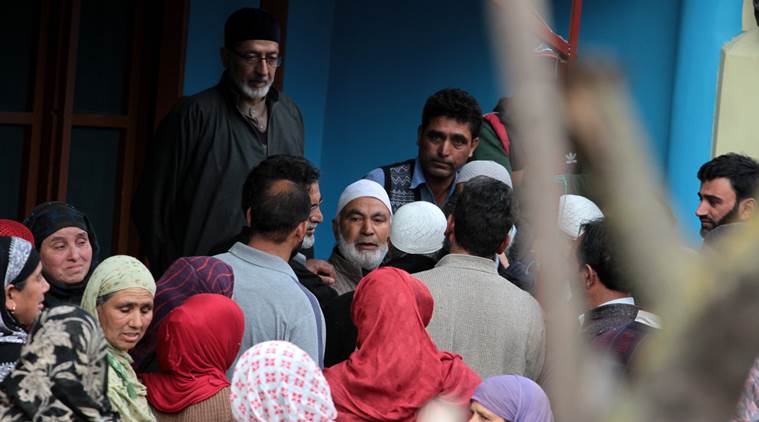
Debasish Bhattacharya, a professor at Assam University, was on a family trip to Kashmir when terrorists attacked Pahalgam. Bhattacharya, who grew up in a Muslim neighbourhood, was able to save his family's lives by reciting the Kalma, a declaration of faith in Allah. The terrorists asked him if he was reciting the Kalma or calling upon Lord Ram, but Bhattacharya's knowledge of the verses helped keep them at bay.

On April 25, the world will come together to observe World Malaria Day, which was established by the World Health Organization to raise awareness about the deadly disease and the need for continued investment and commitment. This year's theme, "Malaria Ends With Us: Reinvest, Reimagine, Reignite," highlights the importance of collective action and innovation in eliminating malaria. The campaign, led by the WHO and global partners, aims to accelerate progress towards a malaria-free world through a range of initiatives at all levels.
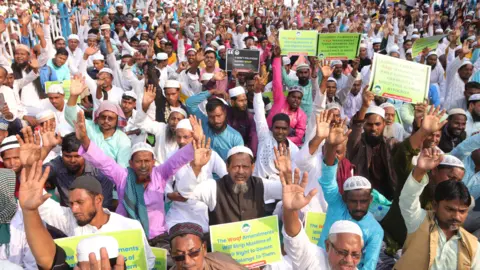
Bangladeshi far-right group Khelafat Majlish plans to stage a mass march to the Indian Embassy in Dhaka to protest against the recently passed Waqf (Amendment) Act by the Indian Parliament. The outfit's leader, Maulana Mamunul Haque, claims that the Act aims to illegally acquire Muslim-owned lands for the construction of religious structures by giving them legal backing. This move has sparked outrage among Muslims in India, who see it as an interference in their religious rights. Meanwhile, the Indian government has condemned the recent spate of violent attacks on minority communities in Bangladesh, with the Ministry of External Affairs describing it as part of a disturbing pattern of persecution under the country's interim administration.
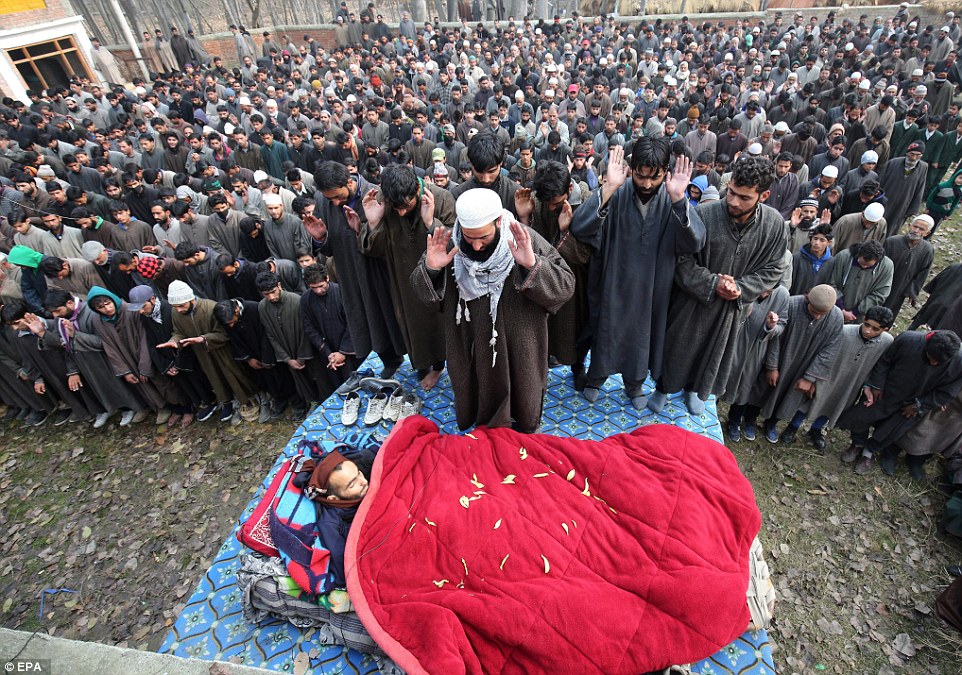
In the midst of the peak tourist season, a young pony ride operator became a hero when he tried to save the life of a tourist during a terrorist attack at Pahalgam's Baisaran meadow in Kashmir. Syed Adil Hussain Shah, a local Kashmiri Muslim, was shot dead while attempting to shield the tourist and even trying to snatch the attackers' guns. The heartbroken father of Shah demands justice for those responsible, while the Jammu and Kashmir Chief Minister Omar Abdullah praised his bravery and promised to support the family. This shocking and tragic story highlights the ongoing violence and turmoil in the region.
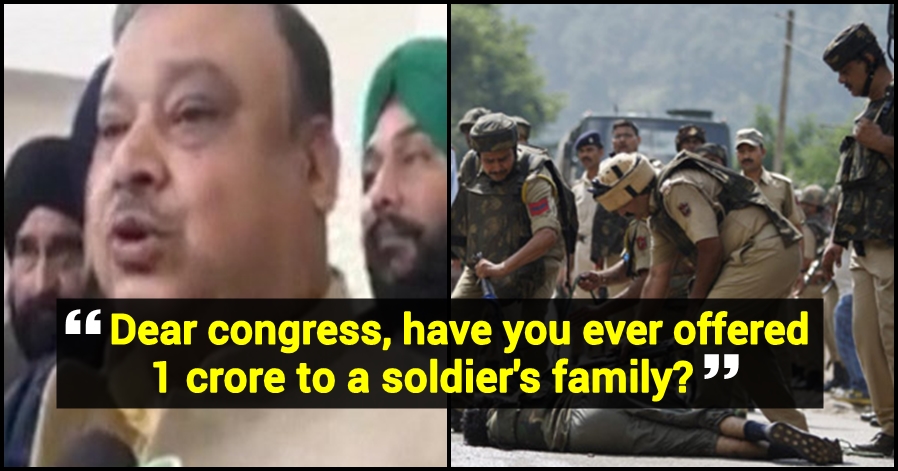
The peaceful Easter vacation turned into a nightmare for Sushil Nathaniel's family when terrorists targeted tourists in Pahalgam. The assailants asked the Christian LIC manager to recite the Kalma, and when he refused, they shot him dead. His daughter, who tried to save her father, was also shot in the leg. The family demands strict punishment for the attacker to set an example for the world.